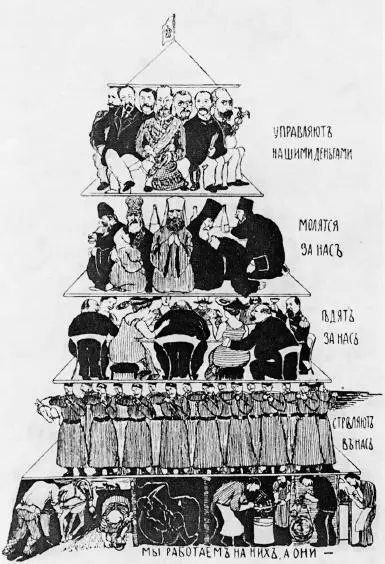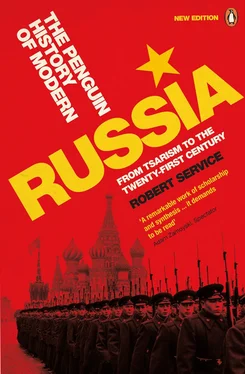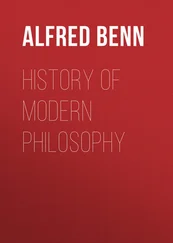Greater attention is given to politics than to anything else. This is deliberate. The Soviet economic, social and cultural order in Russia is incomprehensible without sustained attention to political developments. The policies and ideas of the party leadership counted greatly; it also mattered which leader was paramount at any given moment. Politics penetrated nearly all areas of Soviet society in some fashion or other; and even though the purposes of the leadership were frequently and systematically thwarted, they never lost their deep impact on society.
Russia has had an extraordinary history since 1900. Its transformation has been massive: from autocratic monarchy through communism to an elected president and parliament; from capitalist development through a centrally owned, planned economy to wild market economics; from a largely agrarian and uneducated society to urban industrialism and literacy. Russia has undergone revolutions, civil war and mass terror; its wars against foreign states have involved defence, liberation and conquest. In 1900 no one foresaw these abrupt turns of fortune. Now nobody can be sure what the twenty-first century has in store. Yet few Russians want to repeat the experience of their parents and grandparents: they yearn for peaceful, gradual change. Among the factors that will affect their progress will be an ability to see the past through spectacles unblurred by mythology and unimpeded by obstacles to public debate and access to official documents. The prospects are not wholly encouraging. Official Russian policies since the start of the twenty-first century have unfortunately been aimed at inhibiting open-ended research and debate.
Winston Churchill described Russia as a ‘riddle wrapped in a mystery inside an enigma’. As many obscurities are being dispelled, we have never been in a better position to take the measure of a country whose history after 1917 turned the world upside down. For seven decades Soviet communism offered itself as a model of social organization; and even in transition from communism Russia has kept its intriguing interest. It has been a delusion of the age, after the dissolution of the USSR, to assume that capitalism has all the answers ready-made to the problems faced by our troubled world. Communism is the young god that failed; capitalism, an older deity, has yet to succeed for most of the world’s people most of the time.
1
And Russia?
(1900–1914)
No imperial power before the First World War was more reviled in Europe than the Russian Empire. Generations of democrats hated the Romanov dynasty. Neither Kaiser Wilhelm II of Germany nor Emperor Franz Joseph of Austria-Hungary rivalled Russia’s Emperor Nicholas II in notoriety. Repression of Russian parties and trade unions was severe. In 1905 Nicholas reluctantly conceded a parliament (or Duma ) after months of revolutionary turmoil; but the First Duma, which met in 1906, proved unable to stand hard against the monarchy. Manipulating the new Basic Law to his advantage, the Emperor dispersed the Second Duma and redrew the electoral rules so as to obtain a more compliant Third Duma.
Yet the Russian Empire had weaknesses. Although in 1812 its troops chased Napoleon’s troops back into France, its subsequent embroilments were less impressive. In 1854–6, confronting British and French expeditionary forces in Crimea, it failed to drive them into the Black Sea. Russian pride was retrieved to some extent by victory over the Turks in the war of 1877–8. But there was no room for complacency; for the Ottoman Empire was generally recognized as being in a condition of irreversible decline. Successive Romanov emperors, whose dynasty had ruled Russia since 1613, saw that much needed to be done to secure their frontiers. And two powers were thought extremely menacing: Germany and Austria-Hungary. They were expected to take military and economic advantage of Ottoman decline; and, in particular, Berlin’s plan to construct a railway from the Mediterranean seaboard to Baghdad was regarded with trepidation in St Petersburg.

An anonymous picture of the structure of Russian Imperial society circulated before 1917. The workers at the bottom declare how the other layers of people relate to them. From top to bottom, the statements are as follows:
‘They dispose of our money.’
‘They pray on our behalf.’
‘They eat on our behalf.’
‘They shoot at us.’
‘We work for them while they…’
Nicholas II’s problems did not exist solely in the west. The Russian Empire, covering a sixth of the world’s earth surface, was a continent unto itself. Its boundaries stretched from the Baltic and Black Seas to the Pacific Ocean. In the late nineteenth century, the government in St Petersburg — which was then the Russian capital — joined in the international scramble to expand imperial possessions in Asia and, in 1896, compelled Beijing to grant a profitable railway concession to Russia in northern China. But Japan’s rising power gave cause for concern. In January 1904 Nicholas ill-advisedly decided to declare war on her: the result was humiliating defeat both on land and at sea. Japanese military power remained a menace to Russia for the ensuing four decades.
Japan ended this particular war in 1906 through the treaty of Portsmouth on terms generous to Nicholas II. Central Europe, however, remained dangerous and Russia had to cultivate a friendship with France in order to counterbalance the Germans. A Franco-Russian security agreement had been signed in 1893, and this was followed in 1907 by an Entente involving both France and Britain. Meanwhile conciliatory gestures continued to be made to Germany. For Russia, while being a rival of Germany, also benefited from trade with her. Grain, timber and dairy products were exported to Germany; and German finance and industry were important for the growth of manufacturing in St Petersburg. Russia had reason to avoid any closer alliance with Britain and France. Britain competed with Russia for influence in Persia and Afghanistan, and France made occasional demands infringing Russian interests in the Near East. Yet Russia’s financial well-being depended more heavily upon France and Britain than upon Germany; and in the longer run the rivalry with Germany and Austria-Hungary would be hard to restrict to the modalities of diplomacy.
Russia’s very vastness was more a problem than an advantage. Only Britain with her overseas domains had a larger empire; but Britain could lose India without herself being invaded: the same was not true of Russia and her land-based empire. Russia had prospective enemies to the west, south and east.
The link between industrialization and military effectiveness had been recognized by Peter the Great, who reigned from 1689 to 1725 and set up armaments works in Tula and elsewhere. But Peter’s fervour for industrial growth resulted more from a wish to improve his armies’ fighting capacity than to achieve general industrialization. In any case, his keenness to establish factories was not emulated by his immediate successors. Even so, railways had started to be built in the 1830s, and in the 1880s and 1890s governmental policy became favourable again to rapid industrialization. Sergei Witte, Minister of Finances, zealously promoted the case for factories, mines and banks as the Russian Empire pursued its capitalist economic development. Nicholas II gave him his support at home, and Witte relayed his own message to the world’s financiers that the profit margins in Russia were huge and the workers obedient. 1
Читать дальше













